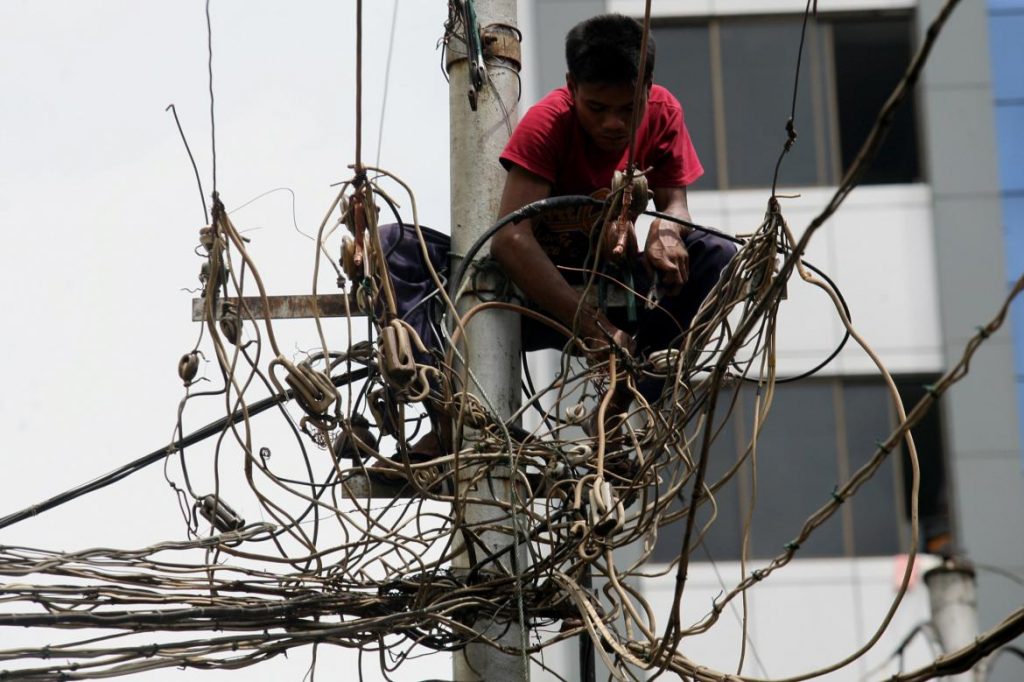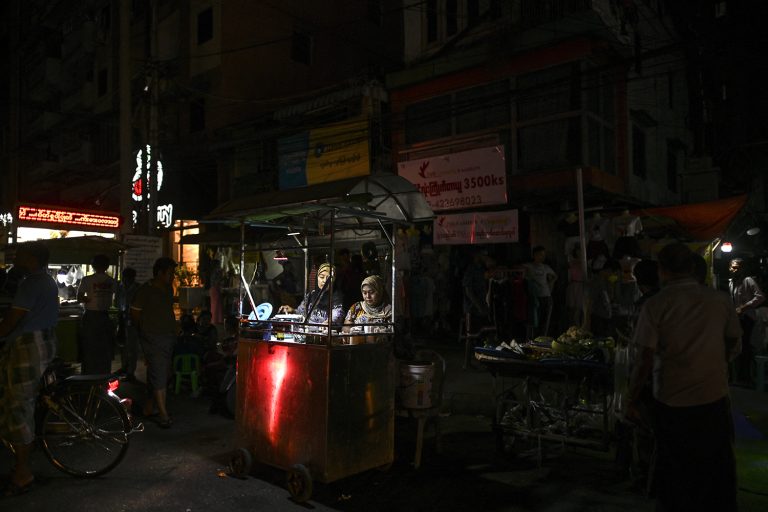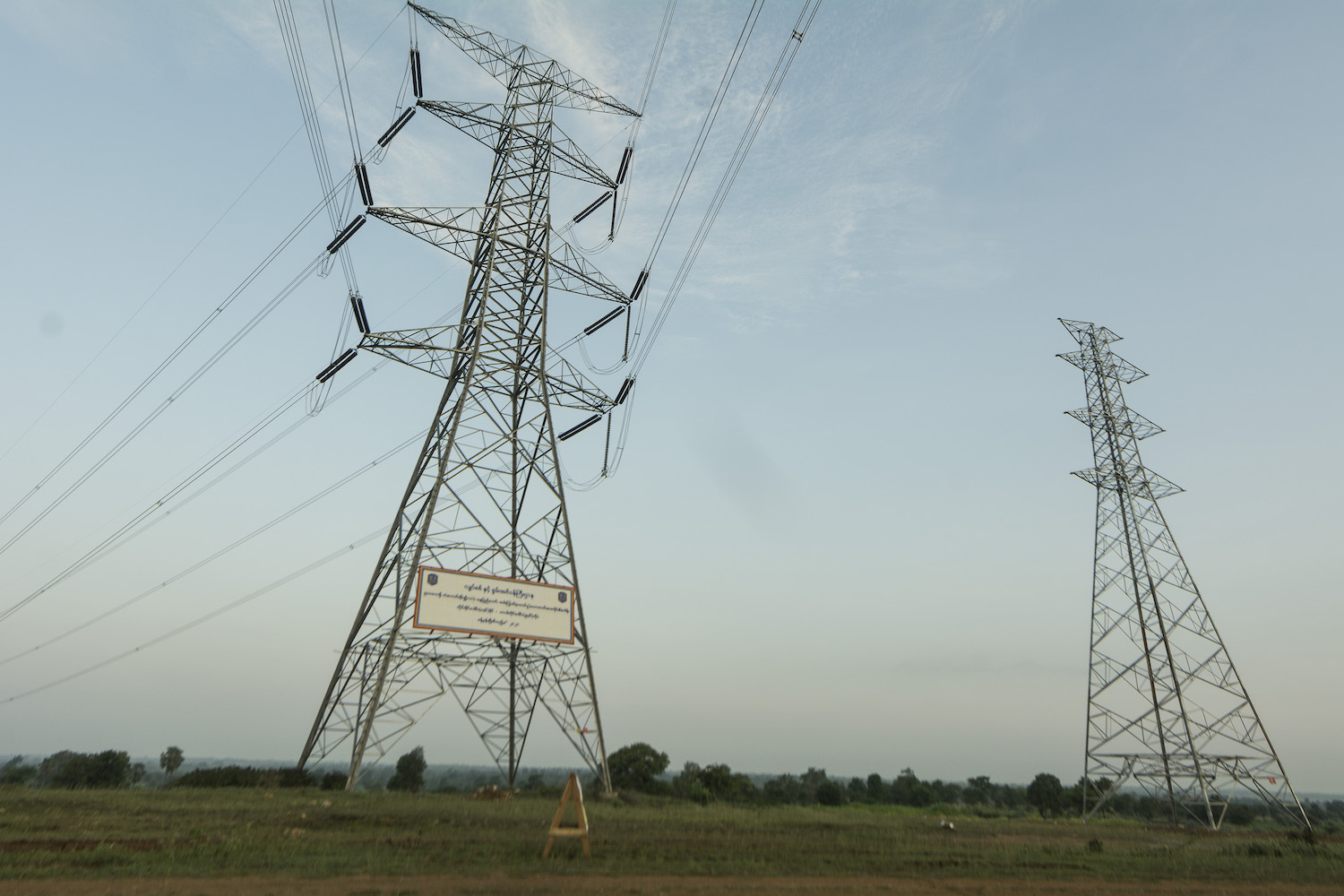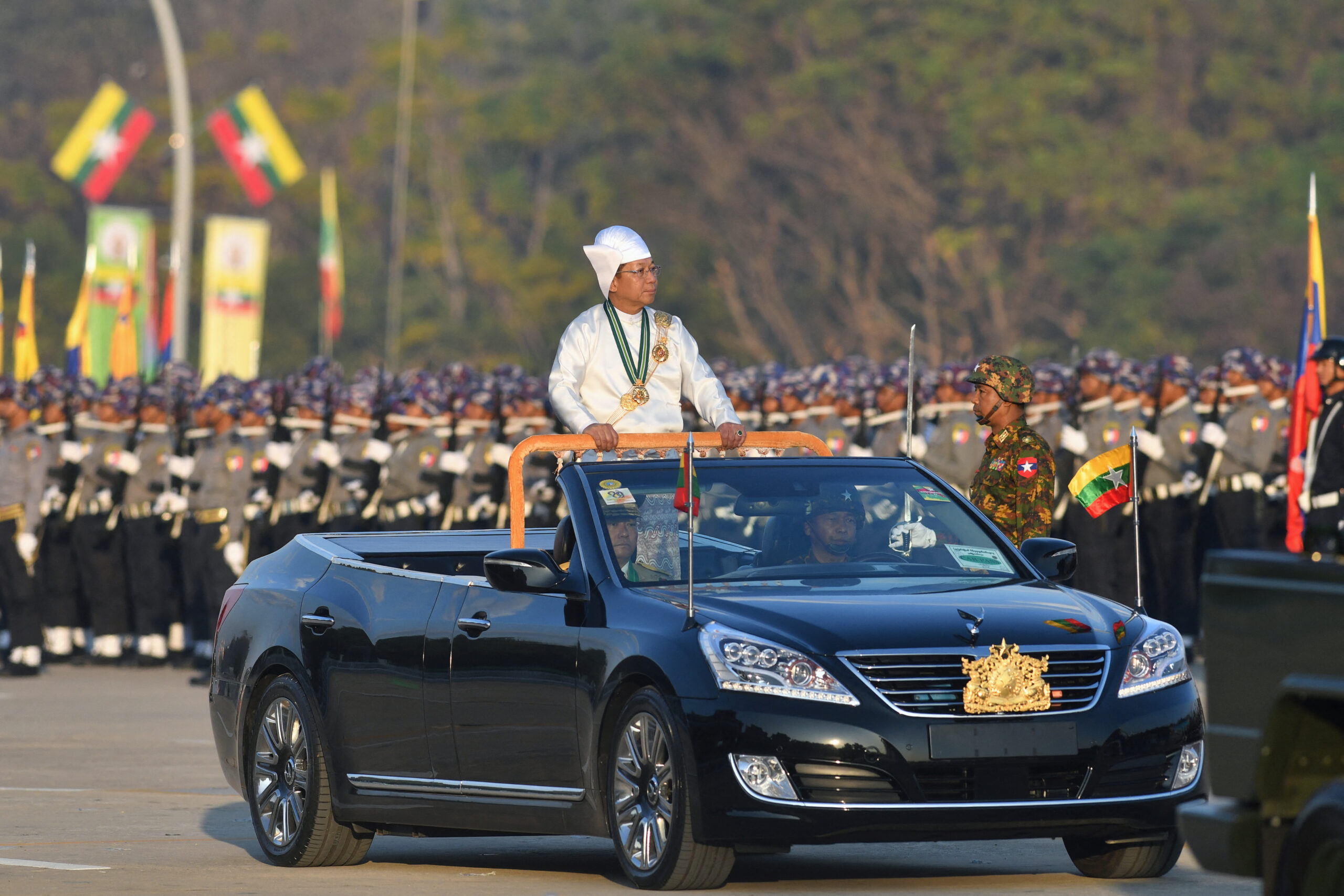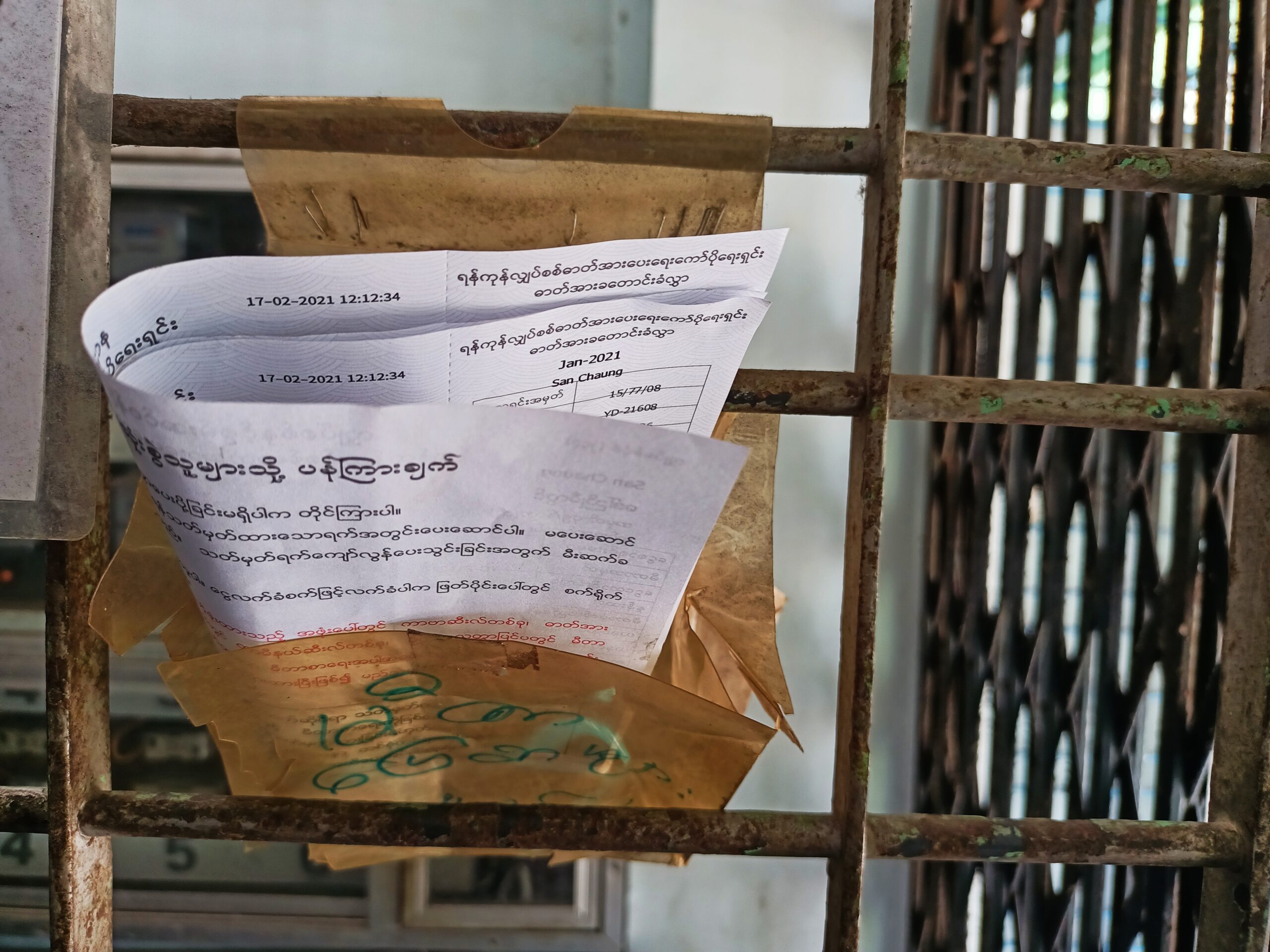By FRONTIER
YANGON — The government has declared a significant increase in electricity prices from July 1, but will retain some subsidies in an effort to protect low-income households.
The increase announced in state media on Tuesday is the first price hike since 2014. It will help to reduce electricity subsidies that have ballooned to K630 billion in the 2018-19 fiscal year, and were expected to hit K1.5 trillion annually if prices remained unchanged.
The announcement said that the cabinet had approved a proposal from the Ministry of Electricity and Energy to increase rates in a meeting on April 11.
The new staggered system will see households, as well as buildings used by religious institutions, charged from K35 a unit (kilowatt hour) to K125 depending on how much they consume.
Support more independent journalism like this. Sign up to be a Frontier member.
Households that consume 100 units a month are currently billed K3,500 but will pay K6,050 from July 1.
Those using 200 units that pay K7,500 at present will see their bill jump to K17,550.
But households that use large amounts of electricity will be most affected. Those consuming 500 units a month, for example, pay K22,500 at present but will from July 1 pay K55,050 a month.
The present system charges households K35 a unit for the first 100 units in a month, K40 a unit for the next 100 and then K50 a unit for all consumption above that amount.
Writing in the Myanmar Times last year, Mr Guillaume de Langre, energy research manager at the International Growth Centre, said that by early 2018 the average cost of supplying 1kWh had risen to K108 – more than three times the lowest tariff that home users pay at present, and double the top rate.
The new system retains K35 as the lowest band for households, but it applies only to the first 30 units. Users will pay K50 per unit from 31 to 50 units, K70 per unit from 51 to 75 units, K90 per unit from 76 to 100 units, K110 per unit from 101 to 150 units, K120 per unit from 151 to 200 units and K125 per unit for all consumption above 200 units.
Industry, businesses, government offices, embassies and international organisations will be charged substantially more. They will have to pay K125 per unit up to 500 units and higher amounts for usage beyond this, with the upper band being K180 per unit beyond 100,000 units.


